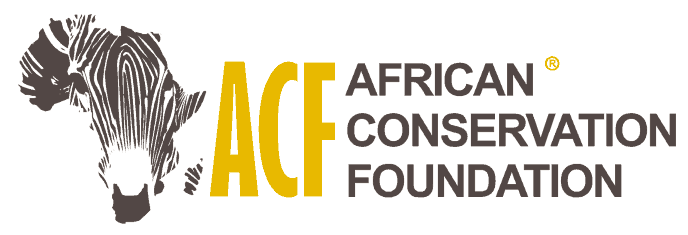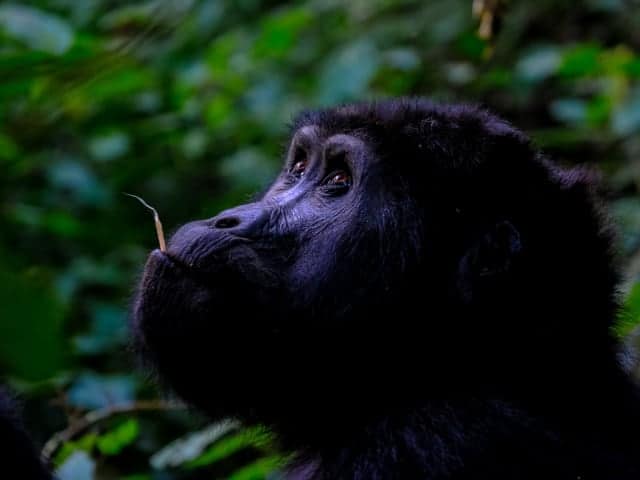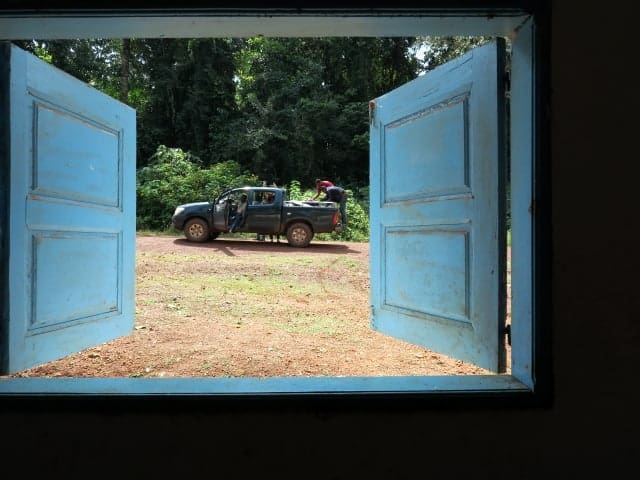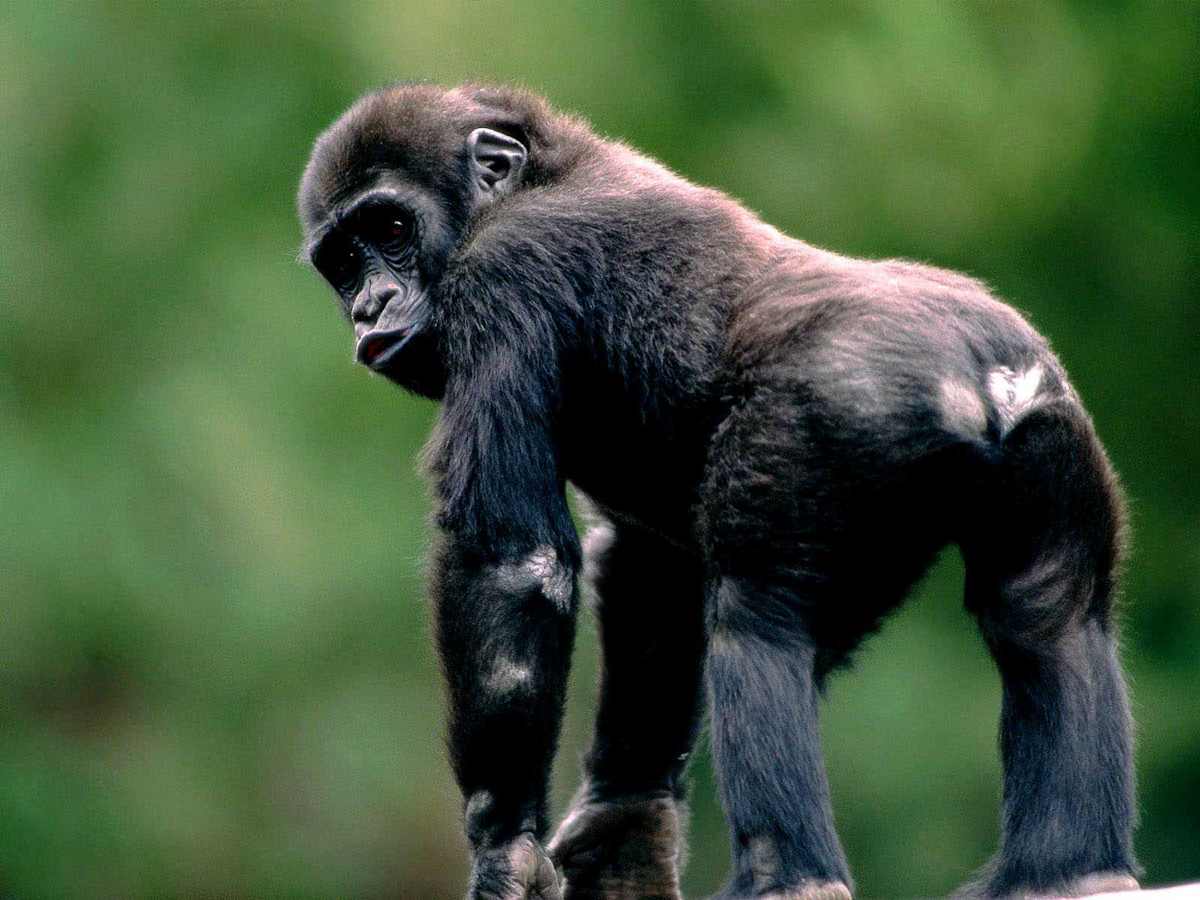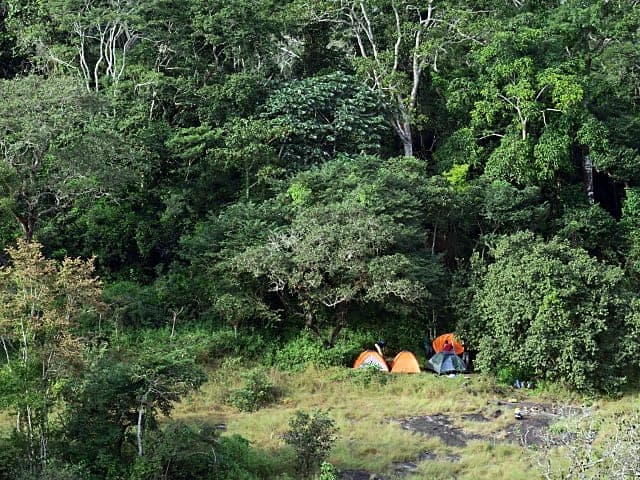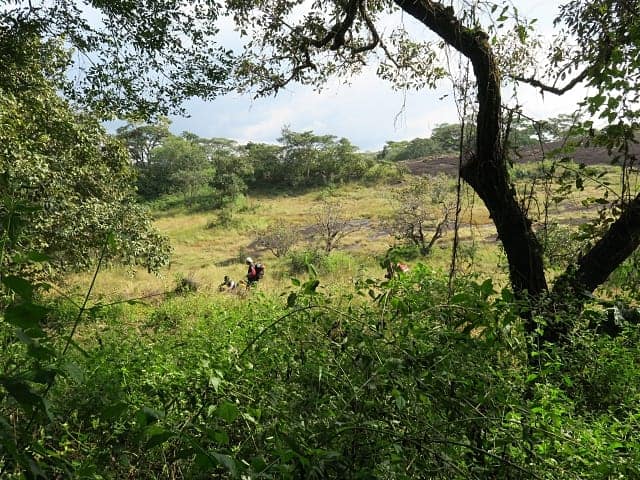Gorilla Conservation in Deng Deng National Park
Country
Cameroon
Duration
15-30 Days
From
US$1980
Highlights
- Help protect endangered Western lowland gorillas and other wildlife
- Training on data collection
- Assisting with great apes surveys
- Configuring and setting camera traps
- Environmental education activities in schools and communities
- Meeting the friendly chiefs and people of Cameroon
- Living and working in a pristine nature area
Overview
Join our unique volunteer programme centered around great apes for an unforgettable adventure! Nestled in the heart of Deng-Deng National Park, Cameroon’s East region, you’ll safeguard endangered western lowland gorillas. Immerse yourself in their rainforest habitat during gorilla surveys, and make a lasting impact on nearby communities through conservation education. Your journey will forge a path towards a sustainable future for both people and wildlife.
Project area
Deng Deng National Park is located in the East Region of Cameroon, in the Lom-et- Djerem division. The park covers an area of about 523 km2 and lies between latitude 13° 23 to 13° 34 East and longitude 05° 5 to 05° 25 North, in the North-Eastern part of the lower Guinean forest. It was declared a category II IUCN protected area in 2010 in order to protect great apes, particularly the most northern population of the western lowland gorilla (Gorilla gorilla gorilla) that was reported to be present in this area but threatened by anthropogenic activities within and around the Deng-Deng forest reserve.
The park also protects large population of chimpanzees, monkeys and ungulates including buffalo, bay duiker, blue duiker, yellow-backed duiker, red-flanked duiker, bongo and sitatunga. Water dwelling mammals including hippopotamus and swamp otter have also been confirmed in this area.
Photo Gallery
Activities
Field surveys
The team will be trekking through and camping in the forest to record information on great apes in the dense equatorial rainforest, this information includes direct and indirect observation of great ape’s presence. A sampling design is established and volunteers receive training prior to the start of the surveys. Each survey period will last two, three, four weeks or longer depending on the interests of the volunteer. Life during this period is more or less nomadic as volunteers leave the camp tracking great apes for 5 to 7 hours a day depending on the sites surveyed. There are breaks every after three (3) to five (5) days depending on the duration of the trip.
Community education
Schools and communities will be visited to educate the pupils, student’s local people on conservation of this unique wildlife species. This will raise awareness and change their perception toward Gorilla conservation.
Sightseeing
Before and after your stay, you can visit interesting places like the Zoo-Botanic Garden in Mvog-Betsi, Yaounde; the Reunification Monument; as well as cultural sites in communities adjacent to the protected area.
Field conditions
Volunteers will be staying in our tented camp. Usually each volunteer gets their own tent but might have to share if the need arises. The camp is basic but well established. We employ staff at the camps in various capacities, including for security, so the camps are never unattended.
As we are in the African rainforest there is always the possibility of encountering wildlife, both big or small. On arrival all volunteers are given clear safety briefings to minimise any dangers.
In communities, you won’t find water system toilets, or shower baths. There are only pit toilets in the communities. You will have your bath in a stream or in the local hotel using a bucket.
In the forest, you will sleep in tents using (inflatable) mats. There are no toilets so you will use boreholes which you will dig yourself and cover up after usage. In the forest, bathing and all other washing and cleaning is done in the stream (please bring biodegradable soap only).
Meals
You meals will consist of local traditional dishes, prepared with rice, pasta, beans, potatoes, yams or plantains. In the forest, we will cook our own meals and perishable foods will not be best in the field, therefore we usually stick to simple food such as rice, pasta, chips, biscuits, cakes etc. You can treat the stream/spring water with water purifying tablets/drops before consumption.
Lighting
There is no electricity in the communities and at night you will use bush lamps or flash lights, in the communities and at the campsites.
Qualifications needed
No specific qualification is required to be part of this projects, but volunteers (18 to 70 years) must be highly motivated and physically fit as the environment can be demanding involving lots of trekking. Volunteers are coming from all over the world; students, workers and any other interested person(s); as individual(s) or in group(s), take part in this programme.
Costs
We offer a flexible participation fee for the Deng Deng National Park great apes conservation project, which is based on the duration of your stay. This fee not only covers the essential expenses during your time as a volunteer but also includes a meaningful contribution towards supporting the project’s valuable initiatives. Your participation will truly make a positive impact on the conservation efforts for these magnificent great apes.
2 weeks volunteering = $1,980
4 weeks volunteering = $2,870
Included
- Pick up from the airport and drop off after expedition
- 4 nights lodging in a hotel (2 nights on arrival and 2 on departure)
- Food and water
- Guides and porters
- Transport from towns to project sites and back
- Local transport within towns
- Local communication sim card
Excluded
- International Flights
- Medical and Travel Insurance
- Inoculations and Medication
- Visa (can range in price from $100-$120 US)
- Occasional meal out in town (ranging from $4-12)
FAQ
Will someone meet me at the airport?
Yes, please send your flight itinerary to us at least two weeks in advance of the expedition start date. The volunteer coordinator or representative will meet you in the public area outside customs and bring you to your hotel.
What should I do if my flight is delayed?
Please notify us as soon as possible and confirm your new arrival times so the expedition leader can arrange your transportation.
What should I do if I arrive before the scheduled arrival date?
If you choose to spend time in-country before the expedition begins, please plan to meet your team at the designated airport or hotel within the specified arrival window on the first day of the program in order to be transported to the local office and the field sites.
Enquiries
Excited to join this project? Share your preferred dates, interests, and any specific needs with us!
